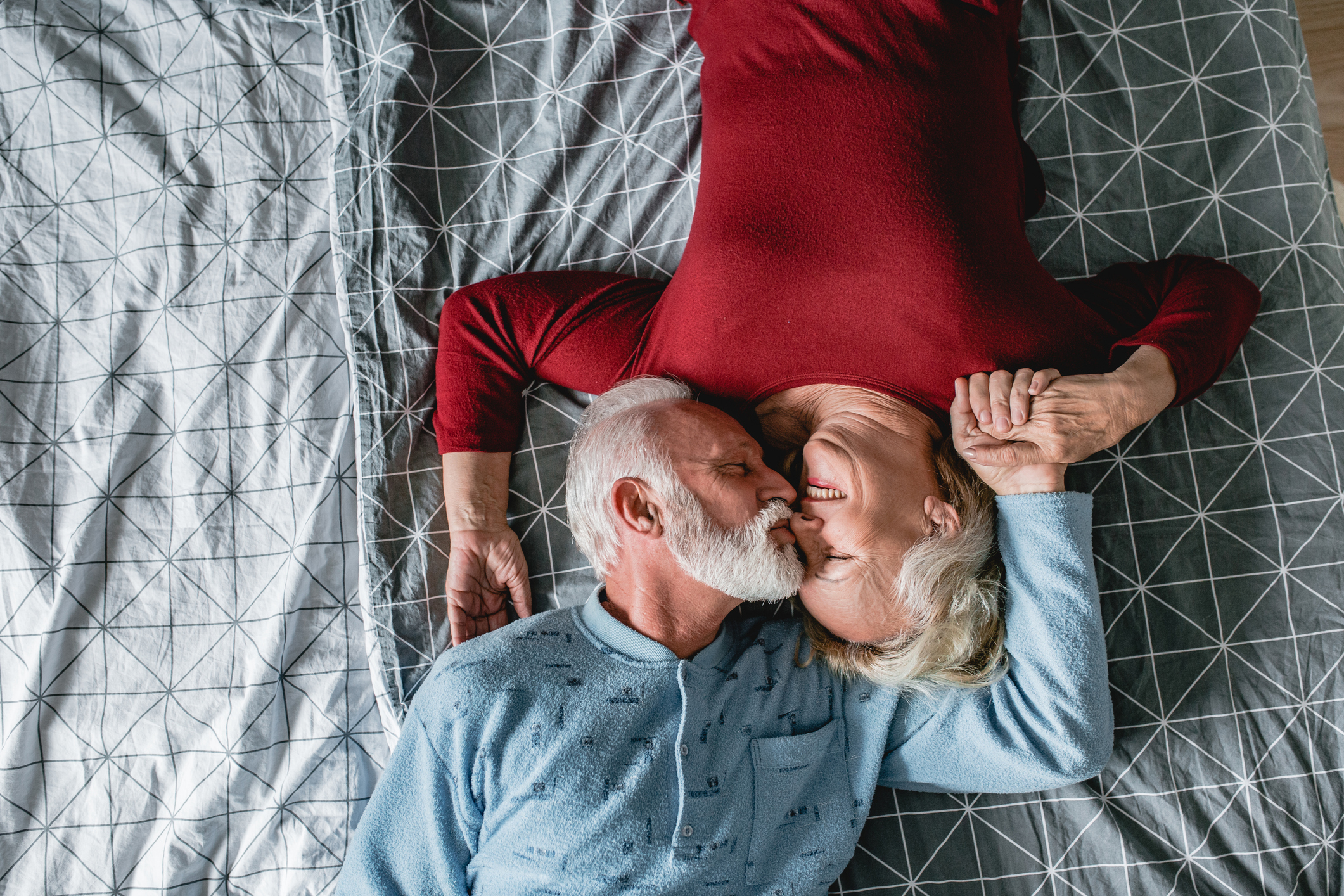

Sleep is a sort of Goldilocks situation…
Too little can wreak havoc on your health by increasing your chances of developing heart disease, cognitive issues, kidney disease, high blood pressure, weaker bones, diabetes, stroke, obesity and depression.
Too much can actually put you at greater risk of coronary heart disease, stroke and diabetes than a lack of sleep.
Clearly, the solution is to land in that “just right” sweet spot of seven to nine hours of sleep a night. By doing so, you’ll be protecting your heart, brain, bones and metabolism — not to mention your immune system….
Too much or too little sleep could increase your infection risk
Evidence already exists that sleep problems can raise your risk of infection. A previous study found people infected with rhinovirus were less likely to catch a cold if they reported healthy sleep.
To confirm this link between infection and sleep issues, a team of researchers in Norway collected 1,848 surveys of patients visiting their GP. The surveys asked them questions about their sleep quality and whether they had had any infections or used any antibiotics in the previous three months. The survey also included a scale to identify cases of chronic insomnia disorder.
The researchers found that patients who reported sleeping less than six hours a night (defined as chronic insomnia disorder) were 27 percent more likely to report an infection. They also had a higher risk of needing an antibiotic to overcome an infection.
Those who reported sleeping more than nine hours a night reported an even higher likelihood of infection: 44 percent.
“The higher risk of reporting an infection among patients who reported short or long sleep duration is not that surprising as we know that having an infection can cause both poor sleep and sleepiness,” says Dr. Ingeborg Forthun, corresponding author of the study. “But the higher risk of an infection among those with a chronic insomnia disorder indicate that the direction of this relationship also goes in the other direction; poor sleep can make your more susceptible to an infection.”
Hitting the sleep sweet spot
We’ve written extensively about good sleep hygiene and the various natural steps you can take to fall asleep and stay asleep.
But first, it’s a good idea to keep a sleep journal to determine if you’re sleeping too much or too little. In this journal, you should record the following:
- The time at which you go to bed
- An estimate of when you fall asleep
- When and how often you wake up in the night
- Sleep quality
- How you feel when you get out of bed
- How you feel during the day
If after tracking your sleep for a few weeks you find that you’re consistently sleeping more than nine hours a night, you could be suffering from hypersomnia.
Hypersomnia could be caused by narcolepsy, sleep apnea, insomnia or other sleep disorders. Or it could be a symptom of another health condition like depression, anxiety, obesity, cardiovascular disease, diabetes, chronic pain or hypothyroidism (also known as low thyroid).
Talk with your doctor and share your sleep journal with them so they can help you get to the root of your hypersomnia and correct the issue.
Many of the same tips that help with insomnia can help with hypersomnia. They include:
- Setting a regular sleep schedule. If you go to bed and wake up at the same time each day it will help you avoid sleep loss and feeling like you need to make up for it by oversleeping.
- Creating a bedtime routine. Your routine should help you relax and prepare for sleep. This means no electronics in the hour or two before bedtime, as the blue light they emit can delay sleep onset.
- Setting a proper sleep environment. Make sure your bedroom is at a cool temperature and is protected from excess light and noise.
- Keeping active during the day. Daily exercise and sunlight exposure help you sleep well at night. But don’t exercise too close to bedtime, as this can make it hard to fall asleep.
- Napping Early. If you’re going to nap during the day, make it earlier rather than later. Late afternoon naps can make it hard to fall asleep on time at night.
Sources:
1. Sleep too much or too little and you might get sick more, scientists find — Frontiers Science News
2. The association between self-reported sleep problems, infection, and antibiotic use in patients in general practice — Frontiers in Psychiatry
3. What Are Sleep Deprivation and Deficiency? — National Heart, Lung, and Blood Institute
4. Too Much Sleep Can be Bad for Your Health — Premier Health
5. Oversleeping — Sleep Foundation

